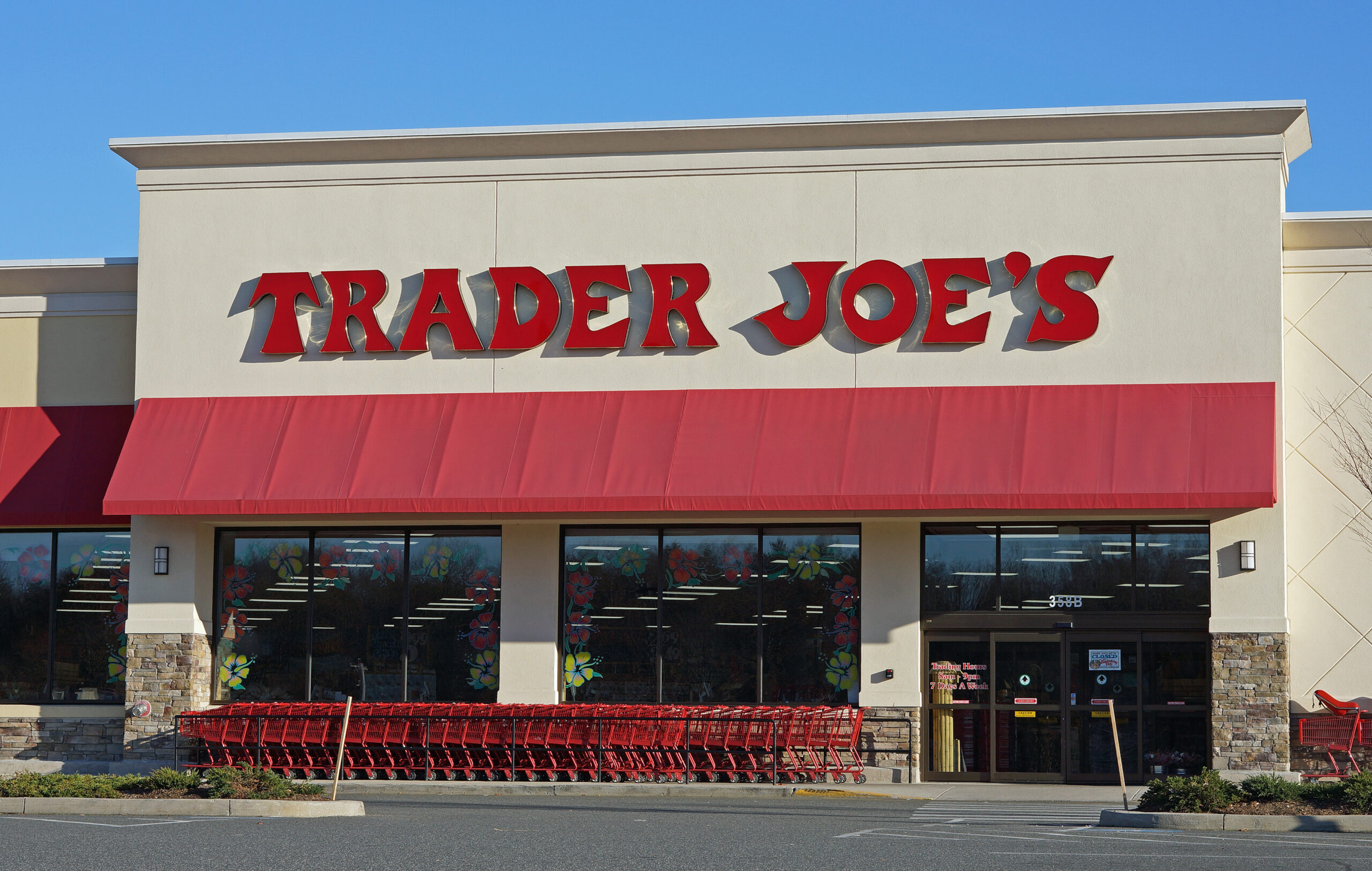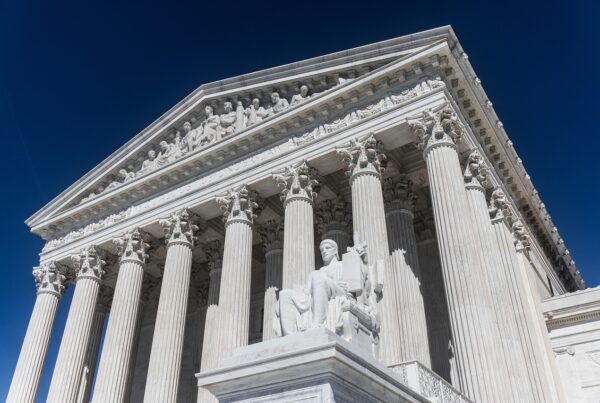High-profile strikes and union votes in recent years give the perception of a reenergized labor movement in the United States.
But the percentage of American workers in a union is only half of what it was 40 years ago – and some of the country’s biggest companies are now trying to weaken it even further by targeting a key federal agency.
The National Labor Relations Board is made up of presidential appointees who look into labor law violations and oversee union elections. Recently, a group of firms including Amazon, SpaceX and Trader Joe’s submitted court filings arguing that the NLRB is unconstitutional and should be done away with altogether.
Michael Z. Green, professor and director of the Workplace Law Program at the Texas A&M University School of Law, talked with the Texas Standard about the lawsuits’ implications.
This transcript has been edited lightly for clarity:
Texas Standard: So what this particular argument against the NLRB that it is in itself an illegal body, according to the Constitution – what is that about?
Michael Z. Green: Well, it’s an interesting argument. It takes on a couple of points, which I’ll just say briefly. One, it is based upon the fact that NLRB members – a five-member board appointed by the president – they have certain job protections so that the president cannot immediately remove them. These unfair labor practice decisions are decided by administrative law judges, who also have civil service job security rights, where they can’t be immediately removed.
And so the argument is that there’s a separation of powers violation of the Constitution and that the president should have the authority to remove these board members and administrative law judges at will, and that it violates the Constitution.
» GET MORE NEWS FROM AROUND THE STATE: Sign up for Texas Standard’s weekly newsletters
Now, if, in fact, the court sides with SpaceX and these other companies here, what ripple effects would we see for American workers?
Well, I would be shocked if they do decide, although there was a case a couple of years ago, where President Trump wanted to fire the agency leader of the Consumer Finance Protection Board, that went to the Supreme Court. And that’s probably the basis of why these lawsuits have started to come forward.
I would be shocked, though, if the NLRB fits that, because it’s a little bit different than what they talked about for the Consumer Finance Protection Board that only had one executive head, where here you have leaders who are both Democrats and Republicans who have expertise as an agency.
I would be shocked if that were to happen, but if it did, it would basically gut the entire agency, really raise into question the the efficacy of the National Labor Relations Act and the board and really return us to a time of the 1930s before the New Deal, when all of these kind of things were addressed and were found constitutional.
It reminds me of another case that the Supreme Court heard this term, Securities and Exchange Commission vs. Jarkesy.
Yeah. So the Jarkesy case is important because it does address the question of administrative law judges who have job security. So that might be a helpful case on the administrative law judge issue. And I think if your administrative law judges no longer have job security, it may call into question whether you use them or not or whether that would be an efficient way to do it.
I don’t think that in itself would gut the National Labor Relations Board, but it certainly would create a lot of problems of how the board works as an agency. It goes to general broader attacks on administrative agencies as a whole.
Well, given that the court is already hearing a somewhat similar case in SEC vs. Jarkesy, I wonder, is the court sending a signal? As a professor who teaches this area of law, do you see, perhaps, that the court is leaning this direction or perhaps modifications made to the NLRB as a result of this? How do you see this going?
Well, I do think it is fascinating, with the current makeup, the Supreme Court, some opinions, concurring opinions by Justice [Neil] Gorsuch has raised issues about the power of administrative agencies, and that there may be, if there is enough support on the court, that you might start to see some really major changes.
And it started a couple of years ago in the Supreme Court’s decision regarding the OSHA agency’s ability to require a mandated vaccine in the workplace.













